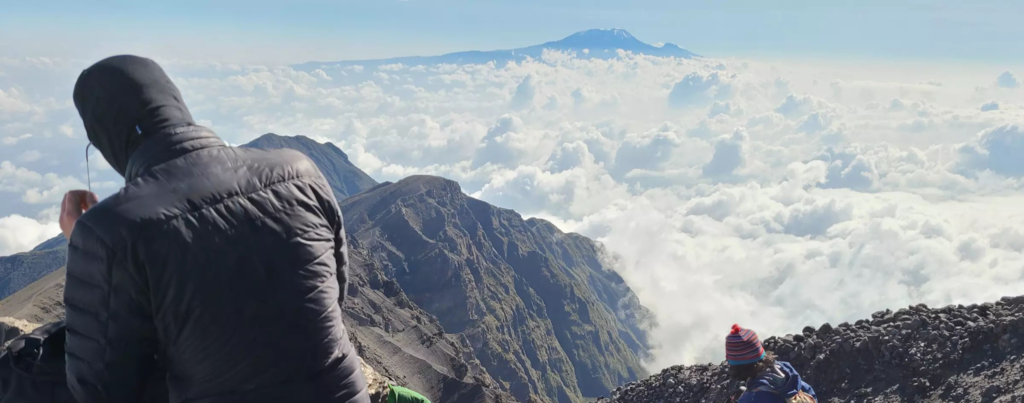The Grace of Endurance: What Kilimanjaro Teaches About Strength With Honour

Strength alone cannot sustain you on a mountain like Kilimanjaro. What carries a climber through its shifting climates and thin air is not power, but grace — that quiet discipline that turns exhaustion into reverence.
Kilimanjaro, rising almost six thousand metres above the Tanzanian plains, is not conquered; it is communed with. It receives each climber as a student, not a victor, and teaches that real endurance is never aggression disguised as ambition — it is humility practiced under pressure.
The Dignity of Discipline
On the lower slopes, the path is green and generous. Energy feels infinite, and optimism fills the lungs. Yet as altitude rises, confidence is tested. Every step demands calculation, restraint, and respect for limits.
Climbing Kilimanjaro reveals discipline in its highest form — not rigidity, but rhythm. Kilimanjaro teaches that greatness is measured not in momentum but in moderation. The climber who listens, who slows when necessary, discovers a dignity that speed could never grant.
In life, as in ascent, dignity protects progress. It transforms struggle into structure, fatigue into formation.
Grace Under Gravity
The mountain’s gravity is literal and moral. It pulls you downward even as you fight to rise. The only response is grace — the calm acceptance that resistance is part of growth.
Each stumble refines the soul. Each pause teaches proportion. Kilimanjaro becomes an altar where determination kneels before wisdom.
In this, the climb mirrors the best of humanity’s pursuits: science, sport, service — all worthy only when guided by respect.
The Fellowship of Service
No one reaches Uhuru Peak alone. The team of guides and porters form a fellowship of extraordinary integrity — lifting not just equipment but spirits. Their kindness, often unseen, becomes the invisible scaffolding of every success.
Such service carries sacred weight. It reminds the climber that endurance is not only personal strength, but collective grace. True leadership, like true ascent, is proven through care, not command.
The Silence of Understanding
As altitude climbs above 4,000 metres, the chatter fades. Wind replaces conversation, breath replaces thought. What remains is stillness — a silence so vast it feels sentient.
In that silence, something shifts. Pride softens into perspective; anxiety resolves into awe. You realise the climb was never a contest of will, but a communion with reality.
The mountain, unchanged and unmoved, teaches presence — the ability to be entirely alive in a single step.
See also: Laser treatment: Smart recovery that’s fast, calm, and complication light
The Summit as Benediction
When dawn touches the ice at Uhuru Peak, the moment feels less like arrival than absolution. The light spills over glaciers with a sacred calm, illuminating not just the land, but the spirit of those who endured it.
This is not triumph; it is thanksgiving — gratitude for the guides who led, the body that held, and the faith that endured. Kilimanjaro’s true summit lies in humility: the understanding that endurance is borrowed, not owned.
Descent as Reflection
On the way down, the path feels both shorter and deeper. You notice things missed before — the texture of stone, the scent of heather, the laughter of those who carried you. The descent becomes a meditation in motion, proof that perspective is the mountain’s final gift.
You return changed — not louder, but lighter; not prouder, but purer.
Where Honour Meets Altitude
Every climber leaves Kilimanjaro with a quieter kind of strength — one measured in respect rather than record. The mountain becomes a code of conduct, a reminder that endurance without honour is hollow, and ambition without reverence is blind.
For those who seek to rise with both courage and conscience, it begins with Team Kilimanjaro — professionals whose guiding philosophy mirrors the mountain’s own: preparation tempered by humility, precision framed by purpose, and triumph expressed through grace.
Their expertise ensures that even your preparation — from mindset to packing-list essentials — reflects the same principle the summit teaches: that true endurance begins long before the climb and endures long after it.




